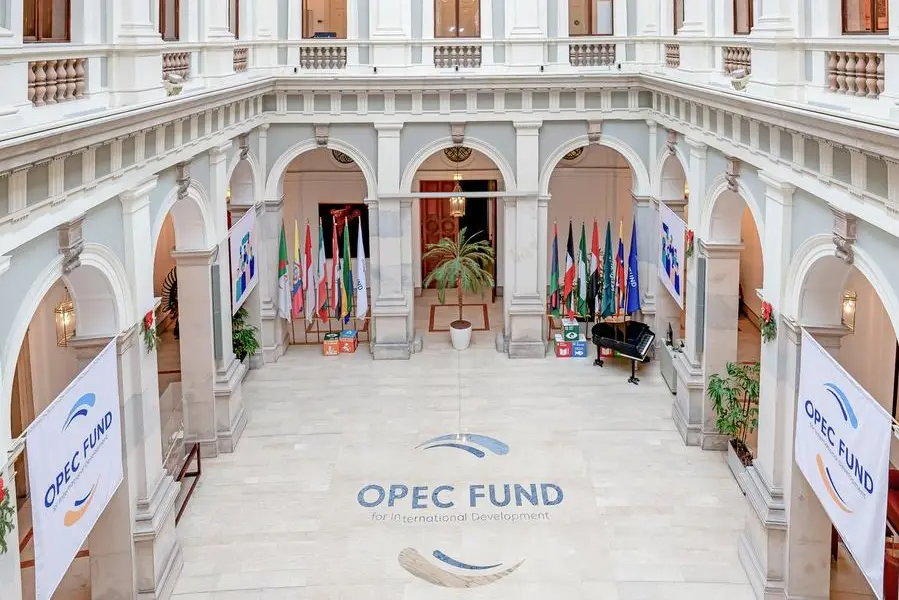PHOTO
VIENNA - The OPEC Fund for International Development (OPEC Fund) is extending a US$50 million loan to Türkiye to support the agricultural and food production sectors, prioritizing 11 cities hit by the devastating earthquakes of February 2023.
The Development and Investment Bank of Türkiye (TKYB) will on-lend the funds to small and medium-sized enterprises to support efforts to overcome the calamity’s impact and to promote a more resilient and sustainable agriculture sector.
OPEC Fund President Abdulhamid Alkhalifa said: “The agriculture sector is a main source of economic activity, employment and trade in Türkiye. The OPEC Fund is very pleased to extend financing through TKYB to promote the long-term sustainability of the sector and especially to bolster agri-businesses in the earthquake affected provinces. We stand ready to extend our cooperation with Türkiye and contribute to the country’s sustainable development ambitions.”
İbrahim Öztop, General Manager of TKYB, added:"This agreement is significant as it is a first for both our bank and Türkiye and it further reinforces our mission to support sustainable development in Türkiye's agriculture and food production sectors. Through the collaboration with the OPEC Fund we aim to contribute to the rapid recovery of our regions hit by the earthquake and to support the development of the agriculture and food production sectors throughout the country."
The so-called “Food Security and Resilience Project” is co-financed with the Islamic Development Bank and the Islamic Trade Finance Corporation and aims to extend financing to companies prioritizing the southeastern provinces of Adana, Adıyaman, Diyarbakır, Elazığ, Gaziantep, Hatay, Kahramanmaraş, Kilis, Malatya, Osmaniye and Şanlıurfa.
The region is crucial for the country's agricultural output, accounting for nearly 15 percent of the country’s agricultural GDP. However, following last year’s earthquakes many businesses have suffered damage to infrastructure, loss of livestock and disruptions to food supply chains. The UN Food and Agriculture Organization estimates that these damages will affect more than 20 percent of Türkiye’s agri-food exports.
The project will provide funds to businesses to recover and increase resilience in the food sector to withstand future shocks, including natural disasters and climate change. It will strengthen long-term food value chains by improving practices, production, productivity, supply chain infrastructure and market access.





















